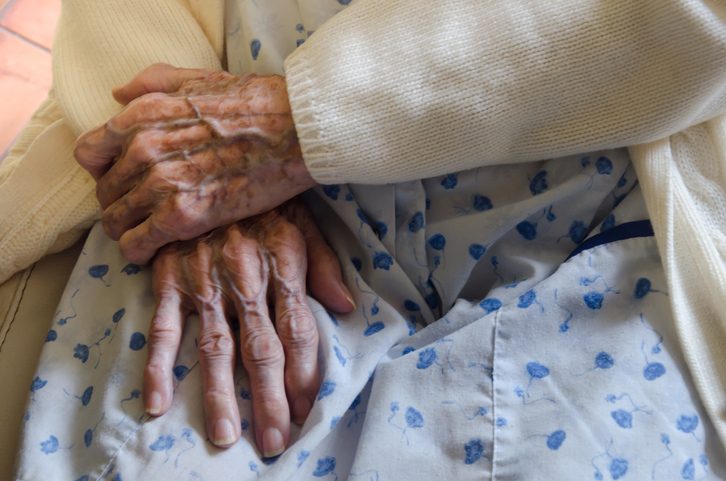
Bupa Care Services NZ was found in breach of the Code of Health and Disability Services Consumers' Rights for multiple failings in the care give to the woman which resulted in her being in significant pain, nausea and discomfort during some of her final days, according to a report released by deputy Health and Disability Commissioner Rose Wall today.
The woman stayed at the rest home for just eight days in 2018 while awaiting a definitive care plan to manage fractures in her upper arm.
Her condition deteriorated so she was transferred to the public hospital via ambulance where she was treated for severe pain and dehydration.
Four days after being admitted, she died from intra-abdominal sepsis.
In her findings, Wall criticised Bupa Care Services NZ Limited for its lack of assessment and care planning by a registered nurse at the time of the woman's admission and for not giving adequate direction and clear documentation to allow care workers to provide safe, effective care for the woman's fractures.
The woman was also in pain but the rest home failed to do anything about it, including not giving her appropriate pain relief and ignoring the fact it was making her sick.
Bupa also ignored the need to give the woman laxative medications prescribed by her GP and get medical advice after the woman was found to have a UTI and when her condition got significantly worse.
She was also unable to call for help after her bell was left out of her reach on a number of occasions.
Wall was also critical of the management of the woman's continence issues. Instead of being provided with a bedpan, a student nurse ignored the woman's concerns that it would overflow and told her to "pee in the pad".
Wall recommended Bupa make a written apology to the woman's family and to undertake a three-month audit looking at a range of issues, including confirming that relevant admission assessments had been completed by a registered nurse.
The rest home was also urged to use the findings of the complaint to help train staff at its rest homes and to schedule education sessions on various relevant topics for all its rest home nursing staff, review and update its short-stay residents policy for accepting a patient from hospital.
Bupa clinical services director Katherine Foulkes said the company deeply regretted the distress experienced by the resident and her family and had sincerely apologised and sent its condolences to them.
"We accept the findings of the Commissioner in her report. Our resident deserved better, and we are truly sorry."
Since the investigation Bupa had completed all the HDC's recommendations and all its care staff and nurses at the rest home had completed additional training in the required areas.
"We understand the great responsibility that comes with caring for our residents. We take this responsibility very seriously and are committed to making changes when needed to improve the care we provide."












